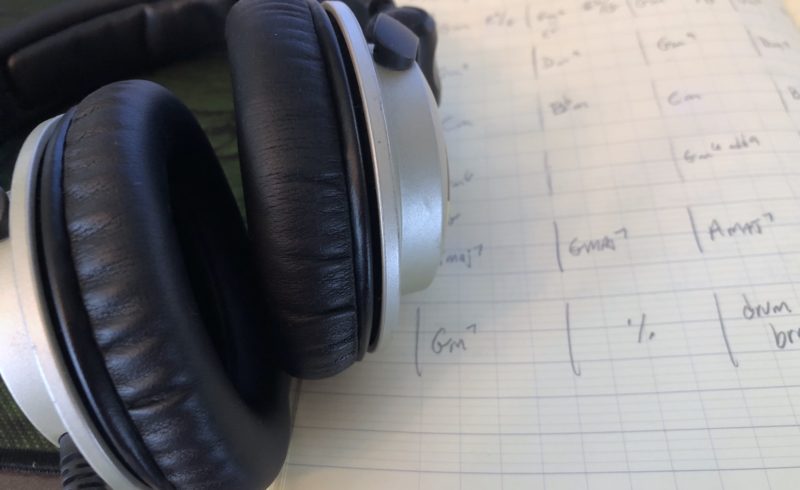
It’s one of the most famous copyright infringement cases of all time. In 1970, the year of The Beatles’ breakup, George Harrison had a hit song called “My Sweet Lord.” It’s very familiar, obviously. And it certainly sounded very familiar to Bright Tunes Music Corporation, the owner of the copyright to the 1964 song “He’s So Fine” by the Chiffons. Bright tunes sued Harrison for copyright infringement and despite Harrison’s arguments that the melodies and chord progressions were not identical, he was found to have infringed. He is widely reported to have paid about $600,000, and that’s in ‘long time ago’ dollars.
“My Sweet Lord” remains a popular and enduring song and is considered one of Harrison’s greatest achievements as a solo artist. The song was a worldwide hit and has also been recognized for its cultural significance. The song’s use of the “Hare Krishna” chant and its spiritual themes made it an important influence on the counterculture movement of the 1970s and helped to popularize Eastern spirituality in the Western world.
“Cosmic,” an Australian music magazine, quotes Harrison as saying in his autobiography, “I didn’t feel bad or guilty about it. It saved many a heroin addict’s life. I know the motive behind writing the song in the first place far exceeds the legal hassle.”
And if the verdict is correct, he has nothing to feel bad or guilty about, Harrison v Bright Tunes is the most famous case I can think of involving a ruling that copyright infringement was the result of “cryptomnesia.”
Let’s back up a tiny bit. Copyright infringement requires access and copying. If two works happen to be similar, but it’s coincidental, the result of independent creation, that’s not copying. Additionally, if the creator of Song B never heard Song A, they can’t have copied it. They didn’t have access to it. But if they DID have access to it, and the two songs are significantly similar, the copying doesn’t need to have been intentional. (Though that very often makes it worse.) It can be accidental or subconscious. Harrison couldn’t say he’d never heard, “He’s So Fine.” Everybody had heard it! It was huge. The ruling was that “My Sweet Lord” was subconsciously copied.
“Cryptomnesia” is a type of plagiarism that occurs when a person unintentionally uses someone else’s music as their own without realizing that they have done so. Perhaps it’s because composers are exposed to lots of music over time that a composer may forget where, or even the fact that, they’ve heard a melody or a device. This can lead them to believe that they came up with it themselves. It’s tricky. Cryptomnesia is not intentional, and the person committing the act genuinely may not realize that they are using someone else’s work.
Cryptomnesia is often cited as a growing issue in the digital age, as the vast amount of information available online can make it difficult to keep track of where certain ideas or pieces of information came from. The phenomenon is not unique to music, of course. It can happen in all kinds of writing. It seems to come up a lot in comedy of late. I tend to feel sympathy for comedians who steal jokes. In comedy, being a hack is a mortal sin. Easy to see it being an accident. Perhaps I just like to think the best of people.
And it’s one more good reason to run your work by someone. Wise musicians do it. “Hey, does this sound like anything to you?
And if you’re a production company, advertiser, or creative agency, it’s one more reason to put Preventative Forensic Musicology into your process. We’re delighted to help with that.